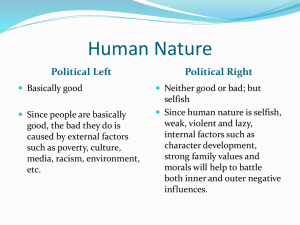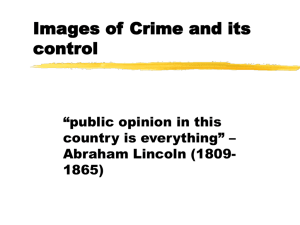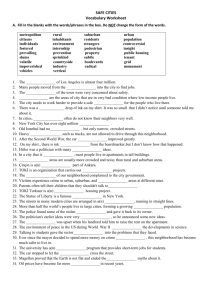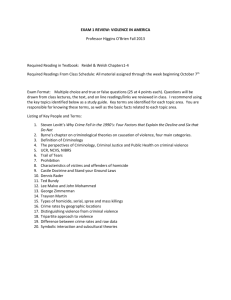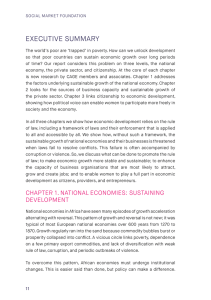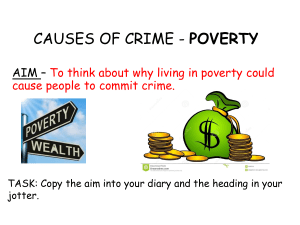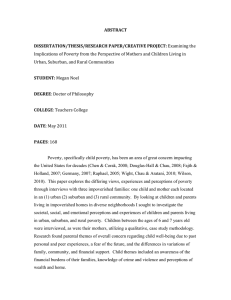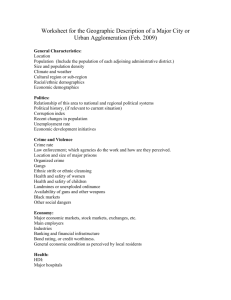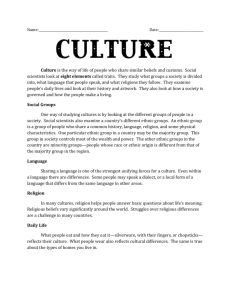Urban Education Defined
advertisement
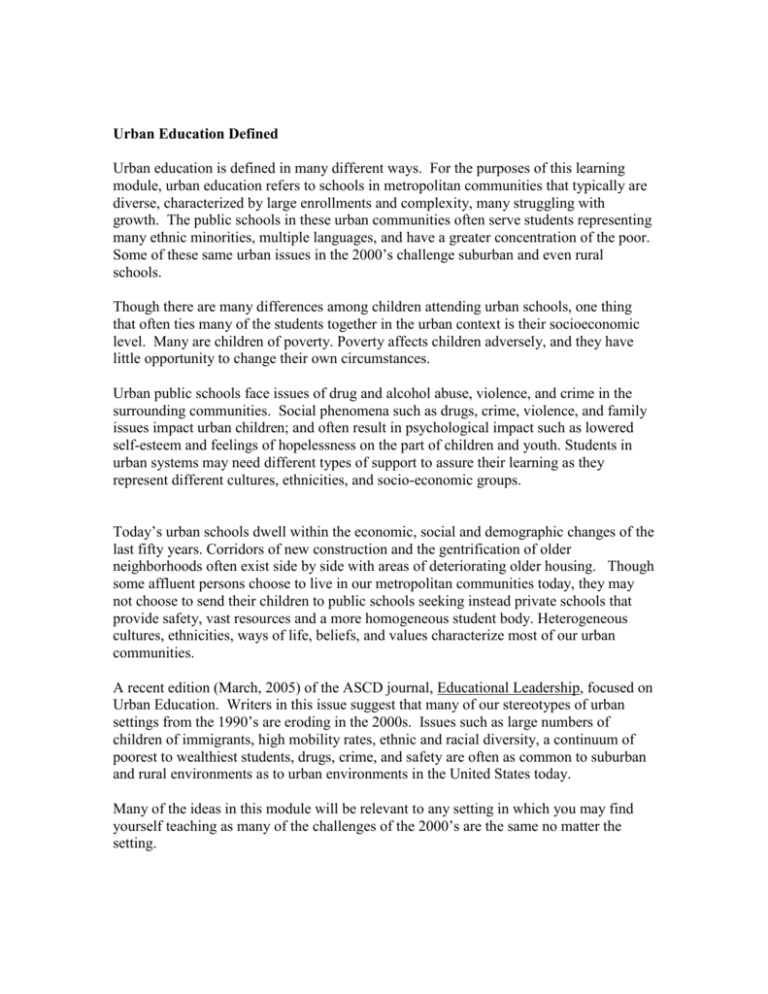
Urban Education Defined Urban education is defined in many different ways. For the purposes of this learning module, urban education refers to schools in metropolitan communities that typically are diverse, characterized by large enrollments and complexity, many struggling with growth. The public schools in these urban communities often serve students representing many ethnic minorities, multiple languages, and have a greater concentration of the poor. Some of these same urban issues in the 2000’s challenge suburban and even rural schools. Though there are many differences among children attending urban schools, one thing that often ties many of the students together in the urban context is their socioeconomic level. Many are children of poverty. Poverty affects children adversely, and they have little opportunity to change their own circumstances. Urban public schools face issues of drug and alcohol abuse, violence, and crime in the surrounding communities. Social phenomena such as drugs, crime, violence, and family issues impact urban children; and often result in psychological impact such as lowered self-esteem and feelings of hopelessness on the part of children and youth. Students in urban systems may need different types of support to assure their learning as they represent different cultures, ethnicities, and socio-economic groups. Today’s urban schools dwell within the economic, social and demographic changes of the last fifty years. Corridors of new construction and the gentrification of older neighborhoods often exist side by side with areas of deteriorating older housing. Though some affluent persons choose to live in our metropolitan communities today, they may not choose to send their children to public schools seeking instead private schools that provide safety, vast resources and a more homogeneous student body. Heterogeneous cultures, ethnicities, ways of life, beliefs, and values characterize most of our urban communities. A recent edition (March, 2005) of the ASCD journal, Educational Leadership, focused on Urban Education. Writers in this issue suggest that many of our stereotypes of urban settings from the 1990’s are eroding in the 2000s. Issues such as large numbers of children of immigrants, high mobility rates, ethnic and racial diversity, a continuum of poorest to wealthiest students, drugs, crime, and safety are often as common to suburban and rural environments as to urban environments in the United States today. Many of the ideas in this module will be relevant to any setting in which you may find yourself teaching as many of the challenges of the 2000’s are the same no matter the setting.
